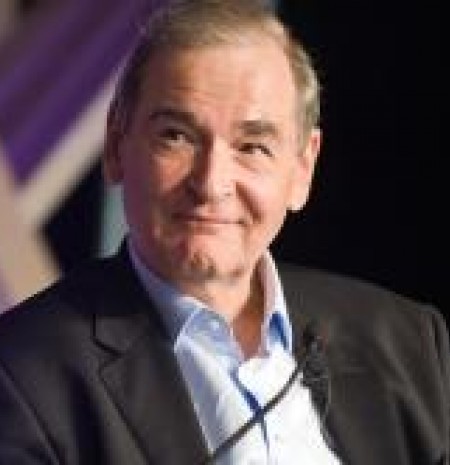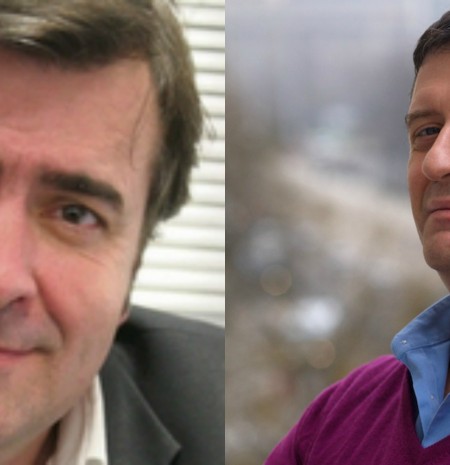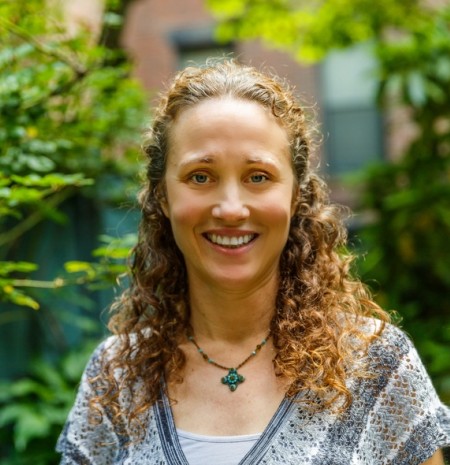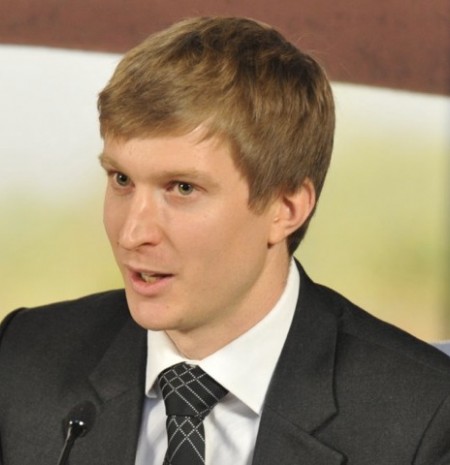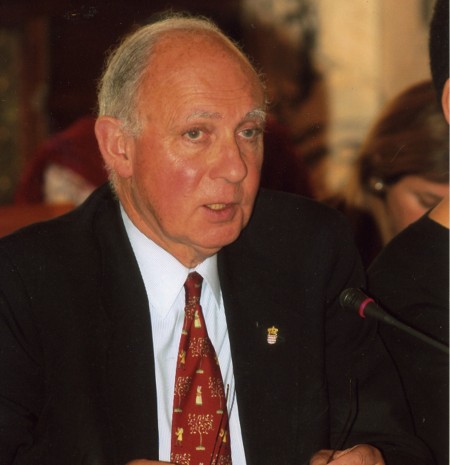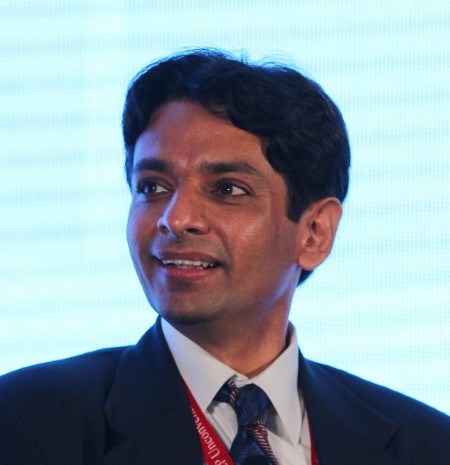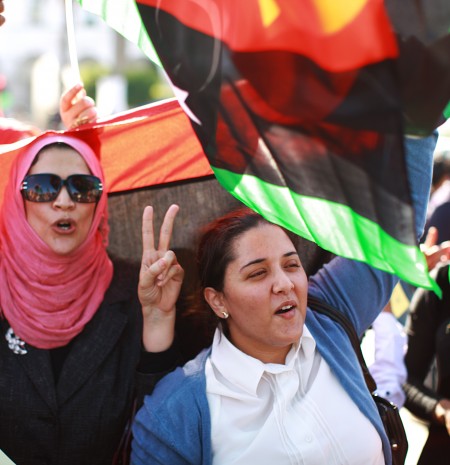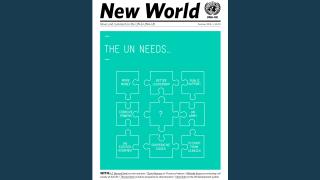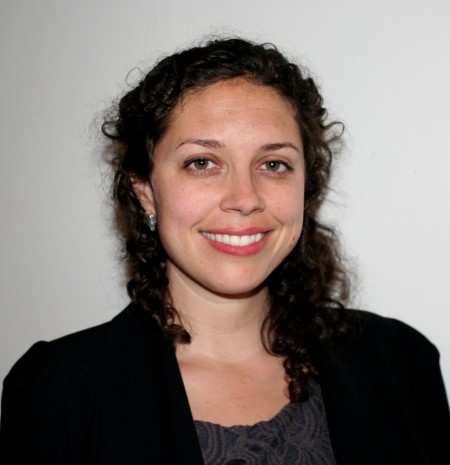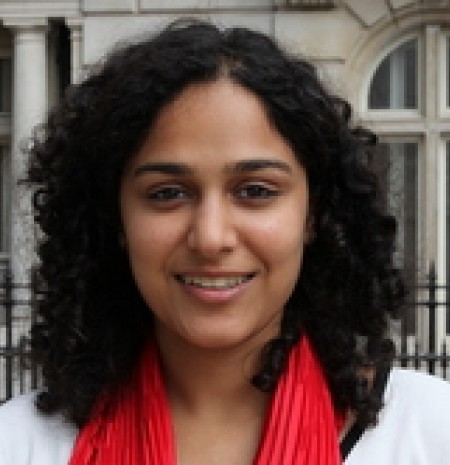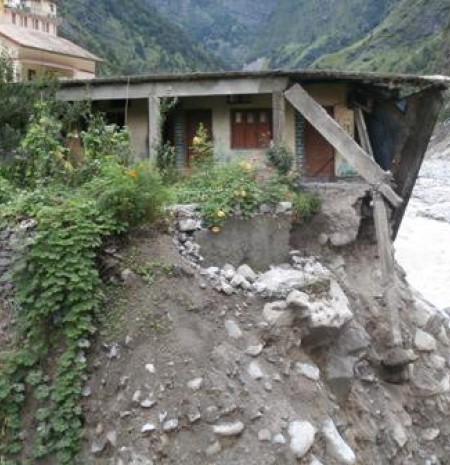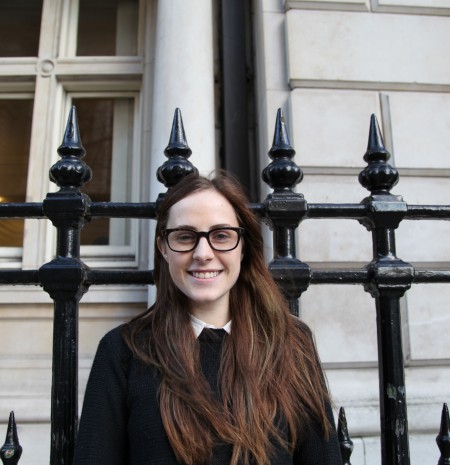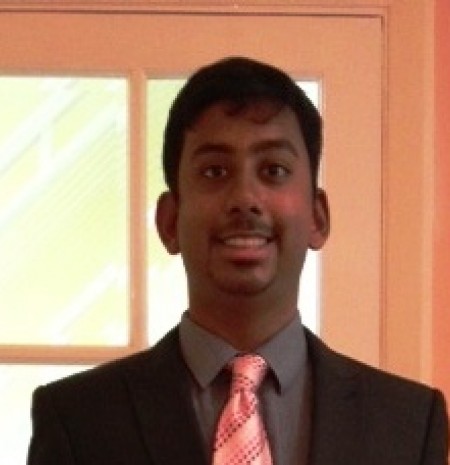On 22 May, the resolution sponsored by France to authorise the referral of the situation in Syria to the International Criminal Court came up against vetoes from Russia and China, despite the public support of 65 states, over 100 non-governmental organisations and votes in favour from all 13 other Security Council members.
Yet we are witnessing in Syria the gravest humanitarian tragedy since the genocide in Rwanda in 1994. French Foreign Minister Laurent Fabius put it cogently: “The Security Council’s paralysis in the face of the Syria crisis, with its dramatic human consequences, cannot be accepted by the world’s conscience. It undermines the credibility of our collective security system.”
The French initiative of adopting a code of conduct to govern the use of the veto, promoted by President François Hollande to the UN General Assembly in September 2013, is therefore more relevant than ever.
The code of conduct would consist of a voluntary, collective agreement by the five permanent members (P5) to refrain from using the veto in situations of mass atrocities. It would be applied when largescale crimes of genocide, crimes against humanity or war crimes are committed. We are not the first to have proposed such an initiative. This is also what the High-Level Panel on Threats, Challenges and Change suggested in 2004 in its recommendations on Security Council reform (see next page).
The criteria for making this selfrestraint possible have yet to be specified by the P5 themselves. For example, the code of conduct could be activated as soon as a situation is brought to the Security Council’s attention by the Secretary- General, either on his or her own initiative or following up a request by the United Nations High Commissioner for Human Rights or from 50 member states.
Many people have been surprised by what they have interpreted as a sort of French “sabotage” of the Security Council. Let us be clear, for France, the veto is not a privilege or even a right. It reflects the compromise reached to ensure the permanent members would participate in collective security. This prerogative involves obligations. Conversely, its abuse undermines the foundations of the 1945 pact accepted by all through the UN Charter.
The British prime minister, Clement Attlee, recalled this about the drafting of the Charter in 1945: “At San Francisco we agreed to the creation of the veto, but I am quite certain that we all regarded this as something to be used only in the last resort, in extreme cases where the five Great Powers might be involved in conflict. We never perceived it as a device to be used constantly whenever a particular power was not in full agreement with the others.”
In promoting this proposal, we are acting in the spirit of the Charter, guided by the imperative of the Responsibility to Protect. By this same logic, France is, along with the United Kingdom, the permanent member most clearly committed to broadening the Council.
For France – but no doubt for the UK as well – the code of conduct’s application would simply reflect an existing situation. Neither the UK nor France has used the veto since 1989. Consequently, we hope to rally our British friends to our initiative, because together we have been behind over half the resolutions adopted by the Security Council and are the first to have protested against its recurrent deadlocks.
The current French initiative has already received a great deal of support. We shall be organising a ministerial meeting on the issue on the sidelines of the next General Assembly in September and will continue our work with a view to the 70th anniversary of the United Nations in 2015.
France will thus go on discussing this with the other permanent members and holding broad consultations with other UN member states and civil society, whose role is essential.
We do not underestimate the difficulty of the task. But as President John F. Kennedy once recalled in an anecdote about France’s Marshal Lyautey: “Marshall Lyautey once asked his gardener to plant a tree. The gardener objected that the tree was slow-growing and would not reach maturity for 100 years. The marshal replied: ‘In that case, there is no time to lose; plant it this afternoon!’”
His Excellency Bernard Emié is the Ambassador of France to the UK.
Photo: French Foreign Minister Laurent Fabius addresses the Security Council during a debate on Syria © UN Photo/Paulo Filgueiras.


